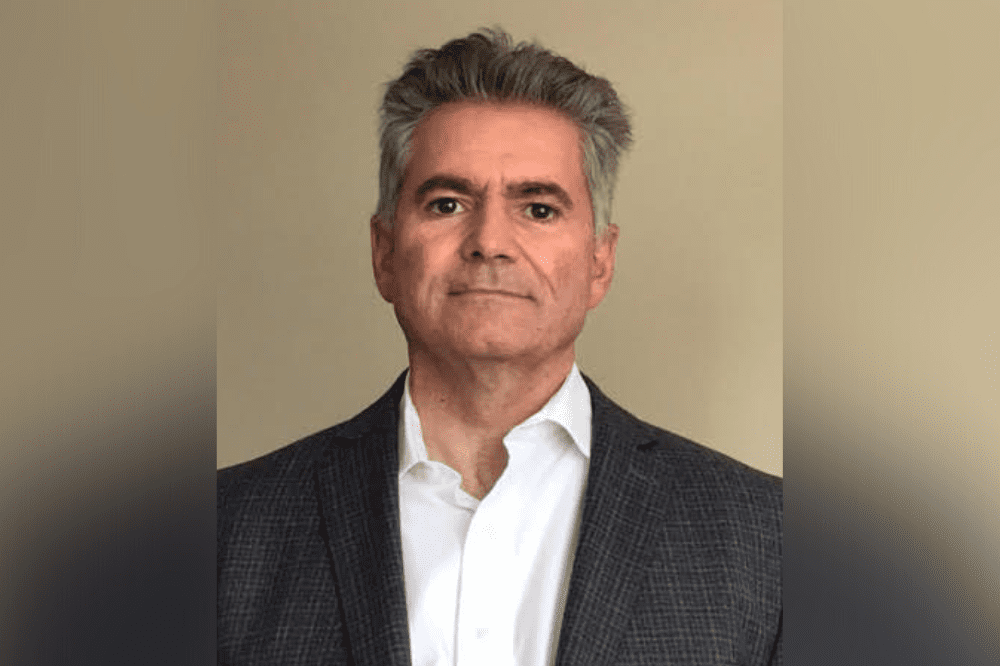Energy industry has an ‘undeserved bad reputation’ – NFP expert

“The typical set of operational and insurable risks in an energy company is massive,” Pardo told Insurance Business. “The integrated energy company has a vast array of risks, and each of those is extremely high in severity to the point that any one could bankrupt that organization. That makes this industry so fascinating. There’s always something to think about. There’s always something new on the horizon.”
Pardo is a 30-year veteran in insurance but has spent a considerable part of his career working in risk management for oil and gas companies. He joins NFP from Parkland Fuel Corporation, where he served as director of insurance.
Read more: NFP grows out Canadian complex risk team with new SVP
“Most of my career has been in risk management, with a little bit of underwriting [experience] at the very beginning. I had built up this incredible amount of experience in some 30 years. From creating a captive from scratch to dealing with complicated and large claims to putting insurance programs in place for major projects,” Pardo reflected.
“What occurred to me was that I should leverage those experiences and take them to a brokerage firm, where many of the clients would be experiencing similar problems or similar opportunities.”
Pardo said the energy industry is “finally waking up” to the importance of ESG, but it has “an undeserved bad reputation” regarding environmental and sustainability issues, largely due to poor communication.
“Many companies are now producing sustainability reports, communicating all the fantastic initiatives they already have in place, particularly in Canada. These include recycling, renewing [energy], engaging with shareholders and employees, creating employment, and paying royalties and taxes to the government.
“All of that has been in play for decades, but we haven’t necessarily done an excellent job of communicating it. [Communication is] the first step because people will realize that this isn’t an industry that is all about generating profits and revenues at all costs. Any company that does that will not be in business for very long,” said Pardo.
“You start with keeping your employees safe, cleaning up the environment and stewarding it as best you can. That’s what gives you the social license to operate.”
Read more: Why brokers have a ‘moral responsibility’ on climate change
The Paris Climate Change agreement in 2015 was a significant impetus for accelerating the shift away from fossil fuels. Still, critics say the energy industry has not been as quick on the uptake. Pardo said that the transformation will take time and a tremendous investment in research and development.
“There’s a natural pace to evolution. You can’t make the overnight switch from a fossil fuel economy to solar or wind,” he added.
Russia’s invasion of Ukraine has also introduced more complexity and uncertainty to the energy space. Sanctions on the Russian state hampering global oil and gas exports have triggered spikes in commodity prices, sending oil and gas prices sky-high. For Pardo, geopolitical events like the war in Ukraine underscore the “absolutely pivotal” role of insurance companies in managing economic volatility.
“Companies in high-risk industries wouldn’t be able to operate or do business without insurance to depend on for catastrophic risk transfer. Even the largest companies in the world that may have a very strong and robust appetite for risk are only able to retain so much. At some point, the risks get too large,” Pardo said.
“You need an industry like insurance to allow you to transfer those risks to strong companies who can work off the principle of ‘the premiums of the many fund the losses of the few.’”
Though the energy industry shares many of the same complex risks, it’s a mistake to cover all companies with the same risk-management cloth, according to Pardo. He advised fellow brokers to fully understand and embrace their clients’ unique risk profiles.
“The single most important thing to me, whether you’re a broker, an underwriter, or even a risk manager, is that you must understand the companies you work for,” said Pardo. “You need to understand their strategic purpose, the risks they are exposed to, and the frequency and severity of those risks. You need to be an extension of those companies yourself. Once you’ve done a lot of listening, a lot of asking questions, you’re ready to start putting things together that can make a real difference for those clients.”





